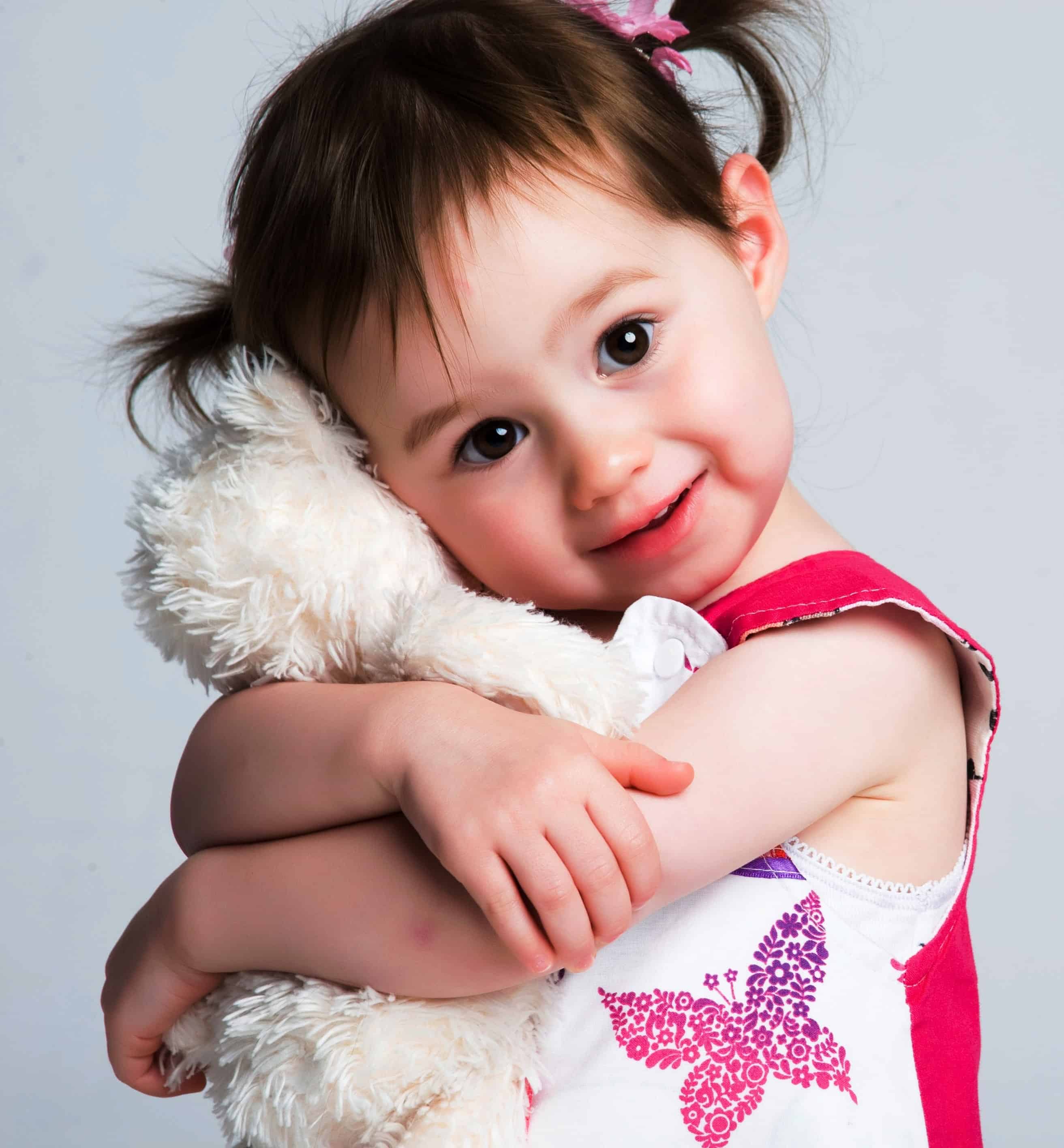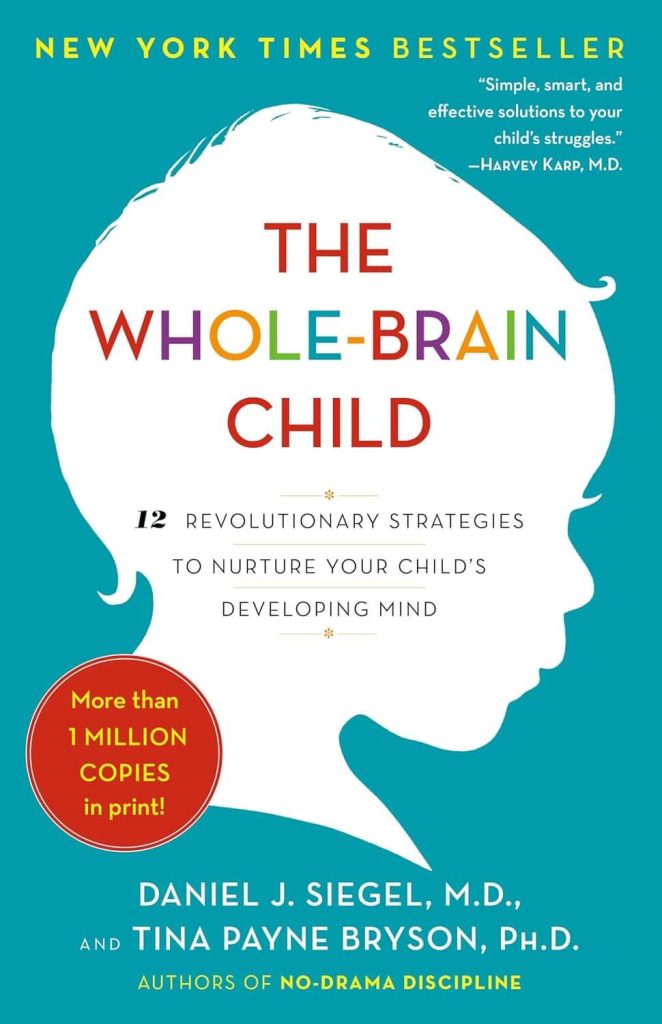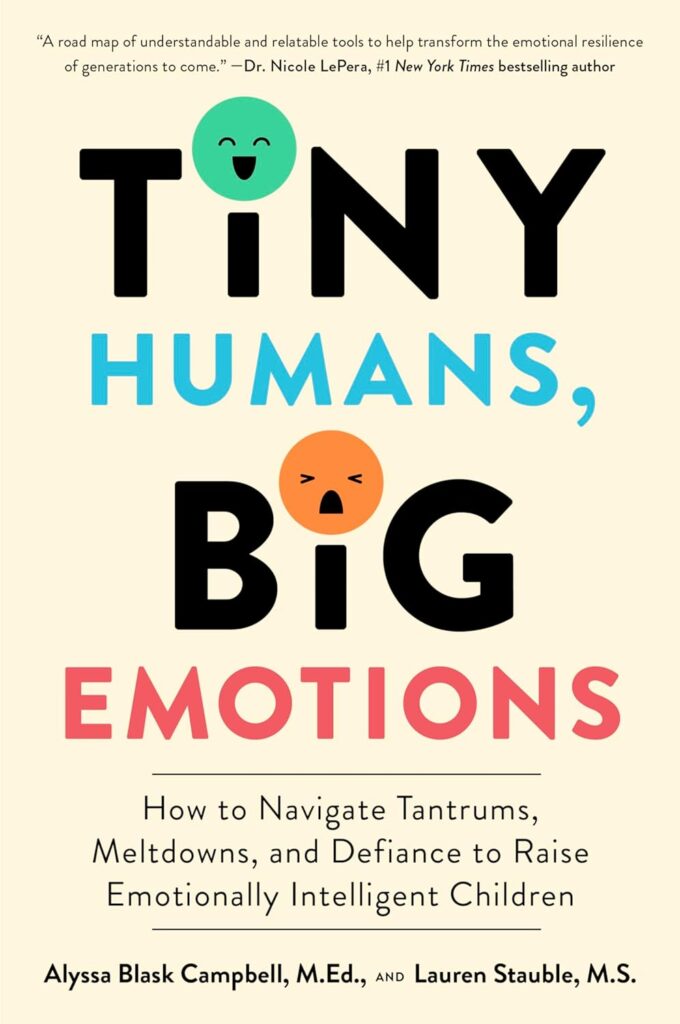Sneak peek: Research on the moral development of toddlers offers us amazing insight into how perceptive young children really are…and what it means for our social interactions.
We, as parents, all want to encourage the moral development of our children. From a young age, we teach our children to help other people, share their toys, etc. Of course, for very young children, this is often a challenge because they simply lack the cognitive development to be able to understand events from another person’s perspective. Developing this skill is a key aspect of toddler development.
In child psychology, this skill in understanding another person’s perspective is called Theory of Mind. If you’ve never seen the experiment used to “test” this skill, it’s quite fun to watch.

Although the moral development of toddlers is still in its earliest stages, research is showing us that they do have more understanding than we might expect. This research reveals that toddlers as young as 3 years old are quite developed and discriminating in their understanding of others’ intentions and their desire to help (or not help) other people.
A recent study in Germany considered toddlers’ understanding of others’ intentions and their subsequent helpful actions toward them. Here’s what they did: children watched several scenarios where adult actors played several roles:
- helpfulness (taping together a drawing torn by someone else)
- harmfulness (purposely tearing another person’s drawing)
- intention to harm (trying to tear another’s drawing but not succeeding)
- accidental harmfulness (accidentally tearing another person’s drawing)
The children then interacted with the adults while playing a game. The children’s helpfulness toward the adults was gauged by whether or not they gave the adult a missing game piece.
As you might expect, children were helpful to those adults who showed helpfulness in the prior scenario and were not helpful to those adults who were harmful (tearing the drawing). More interestingly, however, was the fact that children were also helpful to those adults who were only accidentally harmful. The children also showed less helpfulness to those adults who had the intention to be harmful in the previous scenario (trying but not succeeding to tear the drawing).
This clearly implies that children as young as 3 can not only differentiate between helpful and harmful actions but can also distinguish others’ intentions. This may not seem like a big milestone on the surface, but when you think about it, understanding someone else’s intentions is a very important skill as a human being.
You may also enjoy: Social-Emotional Development: The Ultimate Guide for Parents
Why is the Moral Development of Toddlers Important?
Social interaction is one of the main ways we as humans advance our civilization. Working and cooperating with others is not only a moral skill; it is crucial to our survival at the most basic level. We don’t often think of this in our high-tech society, but working with other people is a basic part of our existence. One key aspect of working with other people is understanding their intentions towards us and others.
Humans’ social interaction can be very complex and subtle. It is amazing that children as young as 3 can understand this complex world and be very savvy about who has good and bad intentions.
On a side note, this is probably also important for us parents to understand as well. Our toddlers are very adept at understanding our actions as well. If they think we have good intentions toward them (which hopefully all parents do!), they will be more likely to comply with our requests too.
Related reading: Toddlers Have Big Emotions. Insight from Research on How to Respond



Stay At Home
Thank you for such an informative and thought-provoking article about the moral development of toddlers. As a parent, it can be challenging to understand and navigate the complex world of a toddler’s developing moral sense, and your insights were very helpful.
I appreciated your explanation of the three components of morality: emotional, cognitive, and behavioral. It was interesting to learn how these components work together to form a toddler’s moral framework and to see how these components develop and change over time.
Your suggestion to use storytelling and imaginative play to teach and reinforce moral values was especially helpful. It’s a creative way to engage toddlers and make abstract concepts more concrete and understandable for them.
Overall, your article was well-researched and presented in a clear and accessible way. I feel more equipped to understand and support my toddler’s moral development after reading it. Thank you for sharing your knowledge and expertise with us!